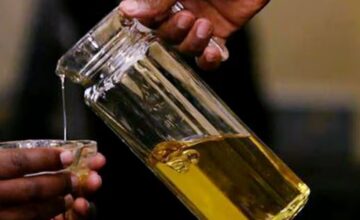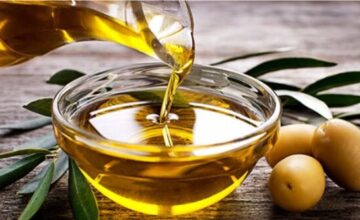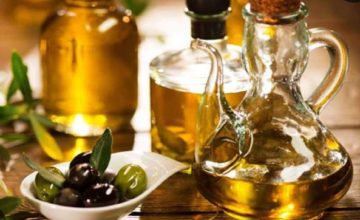
When it comes to choosing olive oil for your kitchen, it requires a little bit more than simply throwing a pretty bottle into your trolley.
It’s been widely documented that producers of seemingly ‘high-quality’ Italian oil have been tainting it with cheaper, lower quality oil from neighbouring Mediterranean countries.
This oil finds its way into our supermarkets (countless months after it’s been bottled) and, because many of us have been led to believe that imported olive oil is the holy grail, we are bamboozled into buying it.
Here are a few mistakes you might be making when you’re at the shops buying your next bottle of EVOO (extra virgin olive oil).
1. Thinking that imported oil is always better than local
Nobody checks the quality of the oil that comes into the country, which means it’s highly likely that the oil inside the bottle isn’t the oil that’s mentioned on the bottle.
2. Picking a local olive oil that isn’t accredited by the SA Olive Association
South African olive oils that have a Commitment To Compliance (CTC) sticker on the bottle have all been tested by the SA Olive Association to ensure the oil is extra virgin and free of defects. This is your seal of approval!
3. Believing that darker oils are of better quality
Good oils come in all shades and hues, from grassy green and gold to pale honey or straw. Fun fact? Official tasters actually use coloured glasses to avoid prejudicing themselves in favour of greener oils. The taste of the olive oil is what’s really telling about the quality. (Pepperiness and bitterness are indicators of good-quality extra virgin olive oils!)
4. The older the oil, the better – right? That’s actually a myth
Unlike wine, aged oils are actually seen as inferior. Why? If you think about it, olives are fruit and, like fruit juices, olive are fruit and, like fruit juices, olive oil is perishable. The oil also contains highly volatile compounds that degenerate over time, so it’s always best to choose an oil from the current year’s harvest.
5. Being influenced by ‘best before’ dates
Though ‘best before’ or expiry dates usually allow for a two-year period, remember that expiry dates are sometimes determined only by the date of bottling, not the date or year of harvest.




